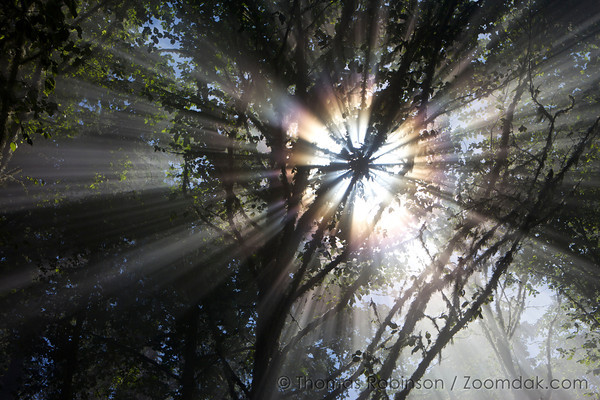You care for the land and water it;
you enrich it abundantly.
The streams of God are filled with water
to provide the people with grain,
for so you have ordained it.
You drench its furrows and level its ridges;
you soften it with showers and bless its crops.
You crown the year with your bounty,
and your carts overflow with abundance.
The grasslands of the wilderness overflow;
the hills are clothed with gladness.
The meadows are covered with flocks
and the valleys are mantled with grain;
they shout for joy and sing.
~Psalm 65:9-13
This Psalm is a harvest hymn of thanksgiving, likely sung during the Jewish autumnal festival of Tabernacles. After our national (USA) feast day of Thanksgiving last week, we’ve had opportunity once again as a people to consider the good gifts of home, family, friends, food, feasting! What a sweet joy it is to raise our voices and sing songs of thanksgiving together as a people!
Psalm 65 celebrates “streams of God filled with water”. Translate that as the gift of rain. On the north Oregon coast, it is a favorite pastime of locals to complain about rain. We certainly have an abundance of this gift! We average 76 inches (over six feet) per year. God has ordained rain as a gift given to all creatures to remind us of heaven’s abundance. Next time it rains, go outside, turn your bare face skyward, and soak in the gift of God’s presence in the “streams of God”. Offer a silent prayer of thanks for the wetness of grace.
If you’ve ever traveled to an arid climate, you’ll know what a gift rain is for people, land and animals. The meadows, the fields, the valleys, the mountains, the flocks, and the people all sing for joy at the sight and sound of falling rain, the “streams of God”. Psalm 65 offers a beautiful vision of creation “singing for joy”. The Bible tells us creation sings for joy. See for example, Job 38:7, describing this celebration at creation, “while the morning stars sang together and all the angels shouted for joy.”
According to the ancient songwriter, God’s goodness is so abundant that all creation flows forth with the song of God’s goodness, as rains fall from heaven, drenching furrows newly plowed and planted by farmers. The “streams of God” level the ridges and soften the land with showers.
A decade ago, we hiked by a gushing spring coming out of the side of a mountain ridge in Olympic National Park a mile above sea level. This spring emerged just below the top of the ridge, sending pure water cascading down the mountainside, watering the valley below, allowing myriads of wildflowers, shrubs and trees to prosper in the gift of water. I’ve been deeply moved by that single spring, evidence to my soul of the abundance of water pushed a mile upwards within the heart of the mountain by the upwelling water table of God’s goodness.
May the streams of God fill our life this Advent season, softening hearts, leveling our ridges, filling our hurting furrowed hearts, and germinating the good seed of God’s Word planted in our hearts, overflowing our lives with God’s gift of abundance!
Psalm 65 celebrates “streams of God filled with water”. Translate that as the gift of rain. On the north Oregon coast, it is a favorite pastime of locals to complain about rain. We certainly have an abundance of this gift! We average 76 inches (over six feet) per year. God has ordained rain as a gift given to all creatures to remind us of heaven’s abundance. Next time it rains, go outside, turn your bare face skyward, and soak in the gift of God’s presence in the “streams of God”. Offer a silent prayer of thanks for the wetness of grace.
If you’ve ever traveled to an arid climate, you’ll know what a gift rain is for people, land and animals. The meadows, the fields, the valleys, the mountains, the flocks, and the people all sing for joy at the sight and sound of falling rain, the “streams of God”. Psalm 65 offers a beautiful vision of creation “singing for joy”. The Bible tells us creation sings for joy. See for example, Job 38:7, describing this celebration at creation, “while the morning stars sang together and all the angels shouted for joy.”
According to the ancient songwriter, God’s goodness is so abundant that all creation flows forth with the song of God’s goodness, as rains fall from heaven, drenching furrows newly plowed and planted by farmers. The “streams of God” level the ridges and soften the land with showers.
A decade ago, we hiked by a gushing spring coming out of the side of a mountain ridge in Olympic National Park a mile above sea level. This spring emerged just below the top of the ridge, sending pure water cascading down the mountainside, watering the valley below, allowing myriads of wildflowers, shrubs and trees to prosper in the gift of water. I’ve been deeply moved by that single spring, evidence to my soul of the abundance of water pushed a mile upwards within the heart of the mountain by the upwelling water table of God’s goodness.
May the streams of God fill our life this Advent season, softening hearts, leveling our ridges, filling our hurting furrowed hearts, and germinating the good seed of God’s Word planted in our hearts, overflowing our lives with God’s gift of abundance!








